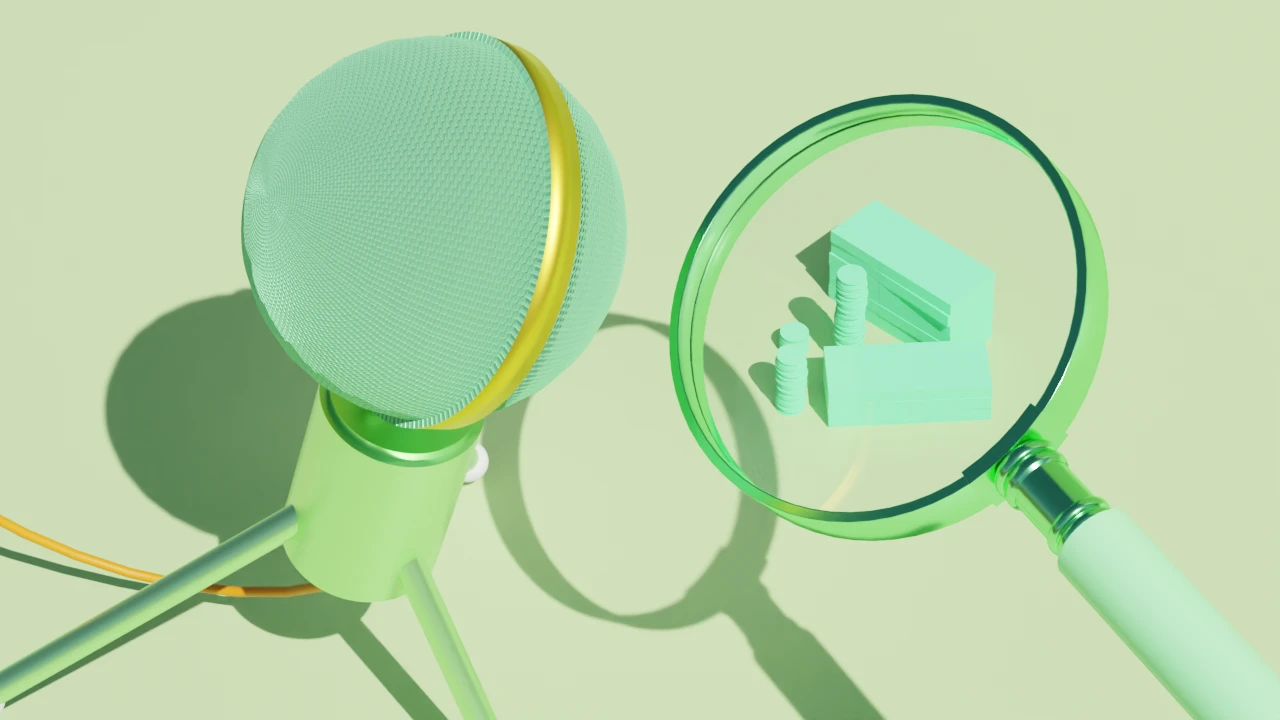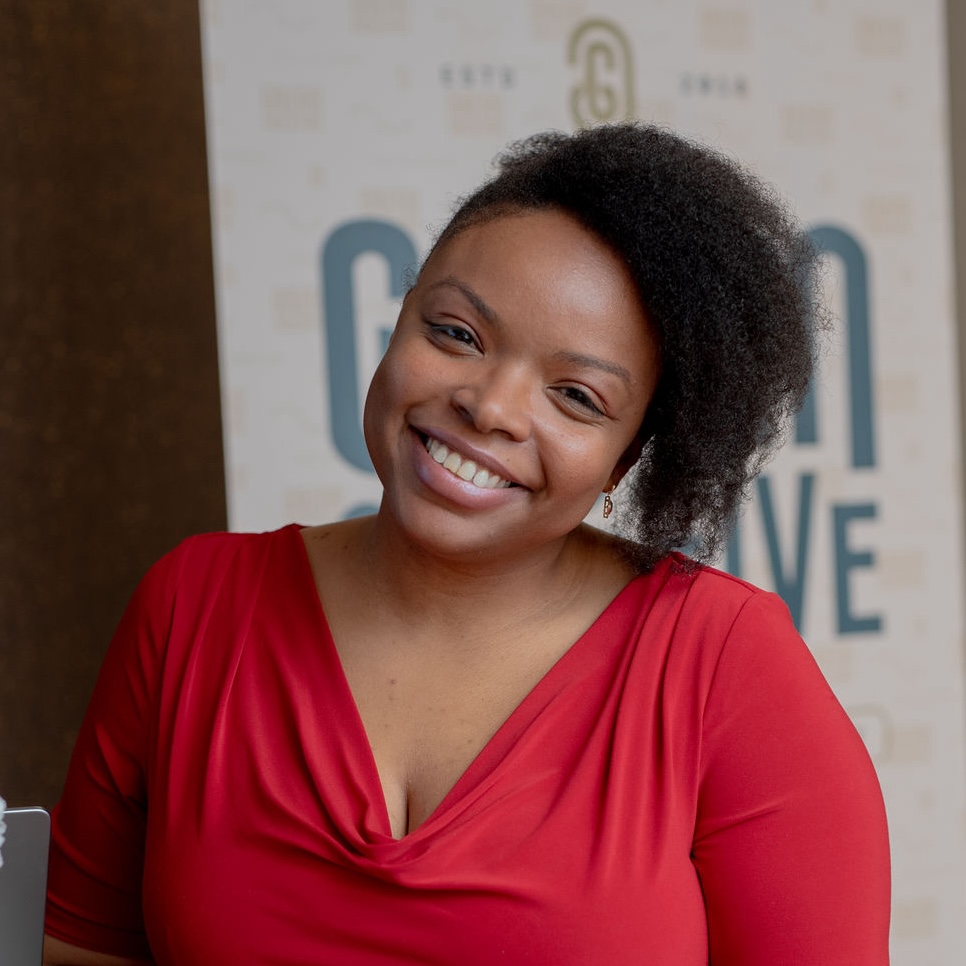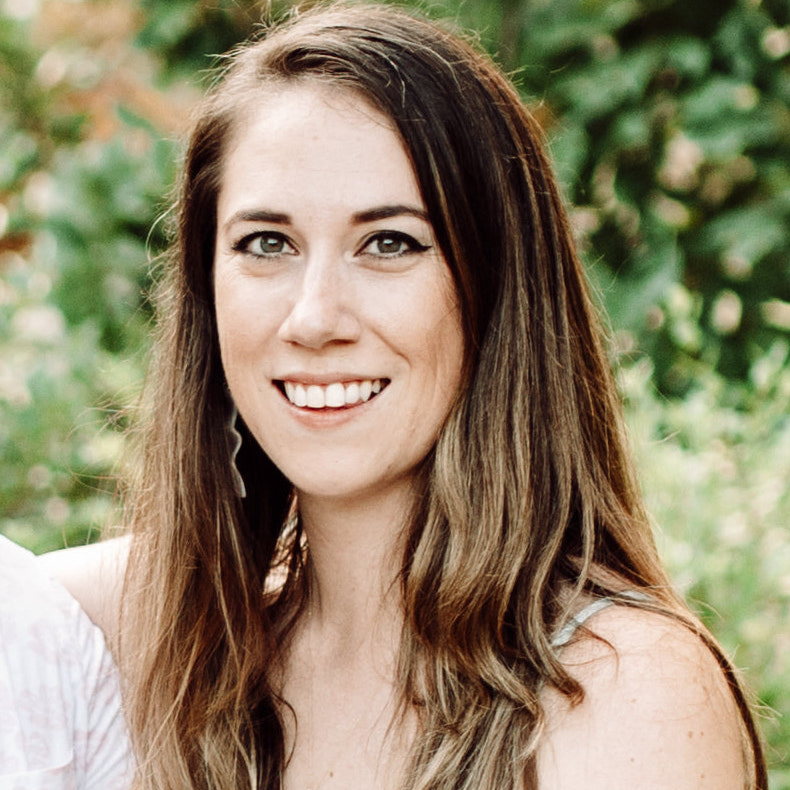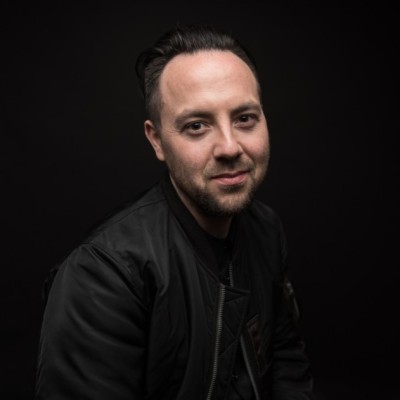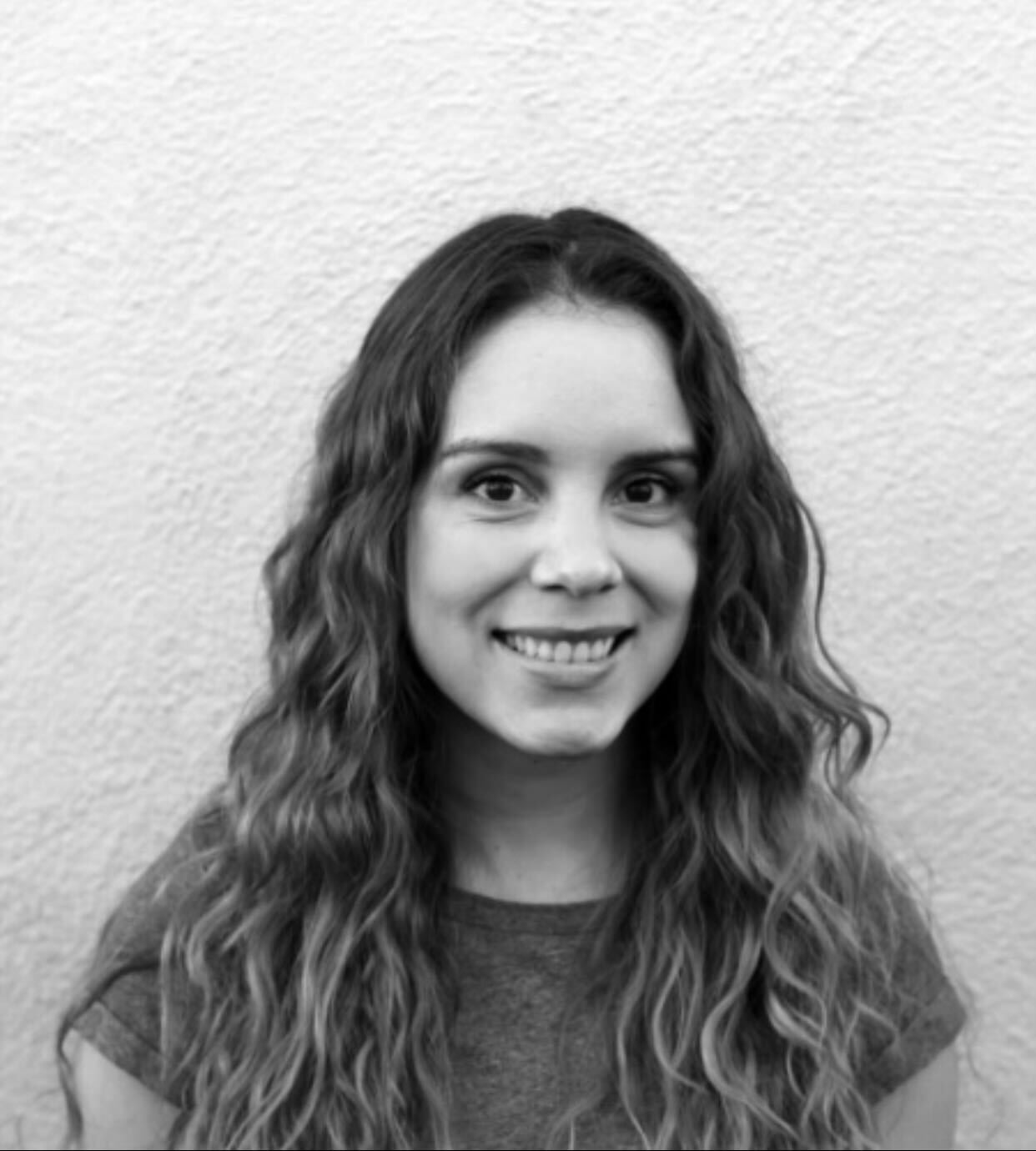What type of content do you primarily create?




If you’ve ever considered starting a podcast, now’s the time. Currently, there are around 424 million podcast listeners worldwide, and the demand for new content has never been higher.
As interest in podcasts has risen, the number of resources available to people looking to learn or hone the craft has too.
There is a wealth of online courses, step-by-step training programs, and even podcasts that will teach you how to start a podcast. Some will give you an overview of basic podcast production, and others focus on more specialized topics like interviewing, recording and editing, and sound design.
If you know you’re in it for the long haul, you can also enroll in membership programs that get you long-term access to educational videos and supportive communities of podcasters.
9 podcast training courses to help you master the craft
With all those options, finding the right podcast training for you can be overwhelming. Here are a few programs that my colleague and Descript Production Specialist Kevin O’Connell thinks are worth your time (and, when applicable, your money):
1. Salt Graduate Certificate in Documentary Studies
 |
According to Kevin, the Salt Graduate Certificate Program in Documentary Studies at Maine College of Art and Design is the premier program for podcasting. It’s an intensive, 15-week program offered by an accredited educational institution that’s geared toward those who are serious about a career in producing podcasts, radio shows, or short films.
Students walk away having learned to identify and report compelling stories, conduct interviews, and edit audio in ProTools. They’ll also have a graduate-level certificate along with the experience and network they’ll need to navigate the industry and land jobs.
But be aware that this university-level program has a university-level price tag.
Price: Between $11,000 and $12,000, depending on the year.
2. Captivate Growth Labs
 |
Captivate is a podcast hosting platform made by podcasters for podcasters. In addition to all the tools and analytics it provides to podcasts on its platform, Captivate also offers a ton of educational resources at no additional charge to all hosting customers.
There’s a step-by-step guide that will teach you how to launch a top podcast as well as video courses and workshops that cover individual topics related to marketing, promotion, audience growth, monetization, brand development, and other essentials for growing your podcast.
Learners also have access to the Captivate community, where they can get feedback from fellow podcasters and participate in growth challenges.
Price: Free.
3. Gimlet Academy
 |
Kevin highly recommends the five-episode Gimlet Academy podcast on how to make podcasts. Hosted by Gimlet Media co-founder Alex Blumberg, Gimlet Academy won’t tell you which microphone to buy or which hosting service to use — instead, it’s about the craft of storytelling for a podcast.
You’ll learn how to find compelling ideas, book interesting interviews, and build good stories from your podcast recordings. The series uses examples from Gimlet podcasts like Reply All and Mogul to illustrate its points and is adapted from training audio for Gimlet employees.
Price: Free.
4. Narrative Podcasts
 |
If your dream is to produce the kind of gripping, driveway-moment scripted podcasts you hear from NPR and the like, Narrative Podcasts is the place to go. The brainchild of a podcasting professor at Stanford, the company's courses range from 2-hour interactive workshops to a semester-long course that includes private coaching for invaluable one-on-one attention. It doesn't hurt that they recommend Descript to all their students!
The courses work, too. Students of Narrative Podcasts have gone on to be hired at Wonder Media Network, the New York Times, OBB Sound, Blackrock Financial, Stitcher, Headspace, the ACLU, and have been selected for AIR Media’s New Voices program and as International Women’s Podcast Awards winners and finalists.
Price:
- $95 for a 2-hour workshop
- $895 for a semester-long course, including workshops and private coaching
5. Power-Up Podcasting
 |
Pat Flynn, host of the wildly successful Smart Passive Income podcast, also runs a few podcasting courses that include the essential Power-Up Podcasting. The program is designed to walk you through starting a podcast and covers planning, recording, editing, the equipment and services you’ll need, launch strategies, and more.
There are also resources for when your podcast starts growing, including information on advanced audio production, business development, and monetization.
At almost $500, the course is pricey, but the fee provides lifetime access to the high quality educational materials. Best of all, Flynn updates the course materials regularly and hosts weekly live Q&A sessions.
You can also get Power-Up Podcasting as a membership, which gives you access to monthly workshops, cohort-based accelerators, and learning pathways to continuously level up your podcasting skills.
Price:
- One-time purchase: $499
- All-Access Pass: $179 per quarter or $599 per year
6. How to Start a Podcast by Buzzsprout
 |
Like Captivate, Buzzsprout is a podcast hosting platform that provides podcasters with data and analytics. Early in the pandemic, the company created a free podcasting course that includes everything you need to know to launch your first podcast.
The eight-module course will help you conceptualize a new podcast, select your podcast equipment and software, record and edit an episode, create artwork and write show notes, and get listed on podcast hosting platforms like Apple Podcasts, Spotify, and Google Podcasts.
Price: Free
7. Podcasters’ Paradise
 |
Podcasters’ Paradise is a popular membership community led by John Lee Dumas, founder and host of the hit podcast Entrepreneurs on Fire. In the membership, which costs $697 on the “Lite” plan, you’ll get everything you need to create, grow, and monetize your podcast.
Some features include:
- Daily support from a private Facebook group with thousands of other podcasters.
- Step by step video tutorials.
- Resources and templates for guest outreach, podcast sponsorships, and more.
- Monthly Live Q&As.
- Podcast launch checklist.
With that price tag, clearly Podcasters’ Paradise isn’t for everyone. But, if you’re committed to putting in the time and effort to start a podcast, this membership community is a good fit.
Price:
- Lite plan: $697 per year
- VIP plan: $1,497 per year
8. Podcast Production Course
 |
The Podcast Production Course is led by Mike Russel, an expert audio engineer who teaches you how to produce a professional-sounding podcast. This course dives deep into recording, editing, and mixing, and even covers essential tips for fixing subpar audio.
Mike turns the technical side of podcasting into easy, digestible modules for new and advanced podcasters. You’ll learn everything from sound treatment to setting a high pass filter, plus ways to fix bad sounding podcast audio.
Mike turns technical aspects of production into easy, digestible modules for new and advanced podcasters. You’ll learn everything from sound treatment to setting a high pass filter, and even ways to fix bad sounding podcast audio.
Price: $695
9. The Podcast Masterclass
 |
The Podcast Masterclass is one of the best podcast training courses on Udemy with a 4.4 out of 5 rating. It’s led by Phil Ebiner, a top-rated instructor and podcaster, who has taught over 2.7 million students how to record and launch a podcast. The course includes 5.5 hours of on-demand video, assignments, and access on your phone or smart TV.
Price: Normally retails for $50, but Udemy is always having sales on their courses. You can pick it up for around $20, depending on the week.
Learn to podcast by listening to podcasts
A training course can be really helpful for some podcasters, but Kevin doesn’t believe it's the best route for everyone. “I think it's more important for beginners to listen to professional podcasts that they respect or that are successful to see what it is they're doing right,” he says.
“It's really helpful just to listen and understand what the industry standards of sound design or sound quality or format are and start to analyze different shows.”
If this feels a bit like eavesdropping, well, it kind of is—but that’s the point. Soak up every detail you can. Kevin suggests that beginners pick a handful of podcasts, listen to a few episodes of each, and note the format, what hooks them, and what falls flat. That’s how you build your own style.
If you’re looking for inspiration, a few of Kevin’s personal favorites include:
- California Love from LAist Studios, which is an audio memoir about growing up in Los Angeles.
- The Habitat from Gimlet about habitat managers across the country.
- The Daily for a great daily news show.
- The Cut for excellent cultural commentary.
- Articles of Interest, which covers the history and background of fashion in an interesting way.
Are you ready to create your own podcast?
Kevin says that once you get started in podcasting, you’re going to need a lot of resilience and self-discipline. “You want to be able to release a show and produce many episodes consistently and have it fit well into your life and the expectations that you have for yourself and your creation,” Kevin says.
That ability to persevere is going to come up constantly, and a podcast training course can be a good way to keep technical issues from getting in your way. If your training course includes a network or community, that can help you form connections that will also keep you accountable to your project.
“I think building community is really important for podcasters,” Kevin says. “[It] will allow you to get honest feedback from other audio creators".
Podcast training FAQ
How can I learn podcasting?
There are two main ways to learn podcasting: first, research and listen to various successful shows to pick up structure and content tips. Second, consider enrolling in online courses or tutorials that break down podcast creation step by step. If you’re on a tight budget, you can also try a free program—Buzzsprout’s “How to Start a Podcast” course, for example, covers everything from equipment to distribution without costing you a dime. Between hands-on practice and a little structured learning, you’ll gain the skills and confidence to create your own show.
How do podcasters make money?
Podcasters make money through sponsorships, advertising, listener donations, and branded merchandise. Many shows earn somewhere around $25 to $50 per 1,000 downloads from sponsorships, although that can vary widely. Some podcasters also host live events, join podcast networks, or collaborate with brands for additional revenue. Ultimately, how much you earn depends on your content, audience size, and promotion strategy.
What tech do you need to start a podcast?
To start a podcast, you’ll need essential tech like a good quality microphone, headphones, and a computer or laptop with reliable audio recording and editing software. You'll also need a stable internet connection for uploading episodes and a podcast hosting platform to publish and distribute your podcast.
How do I start a career in podcasts?
The first step to becoming a podcaster is to define your podcast's concept and audience. Then, focus on building apodcast audience by engaging with listeners and marketing your brand on social media. Once you’re in the flow, focus on making money through sponsorships, partnerships, merchandise, and listener donations.
Is there a masterclass for podcasting?
Yes. Multiple sites offer masterclass-style podcasting courses, including options on sites like Udemy or CreativeLive. These courses cover everything from planning an episode to editing and distribution, often featuring guidance from experienced hosts and producers.
What qualifications do you need to be a podcaster?
There’s no official credential required to start a podcast—most podcasters are self-taught or learn through online courses. Strong communication skills, topic expertise, and consistency matter far more than formal degrees. Many creators find success by focusing on engaging content and building an audience over time.
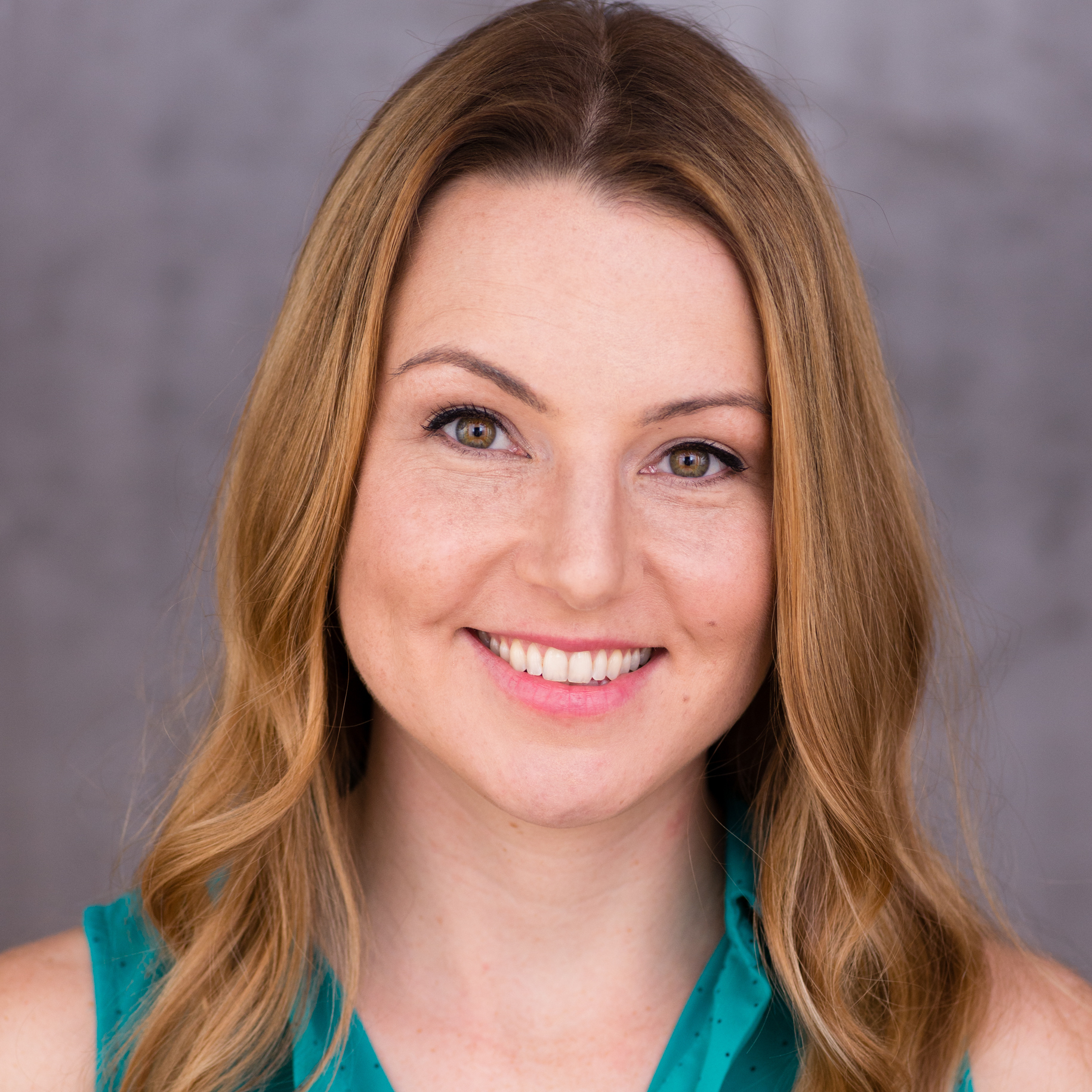















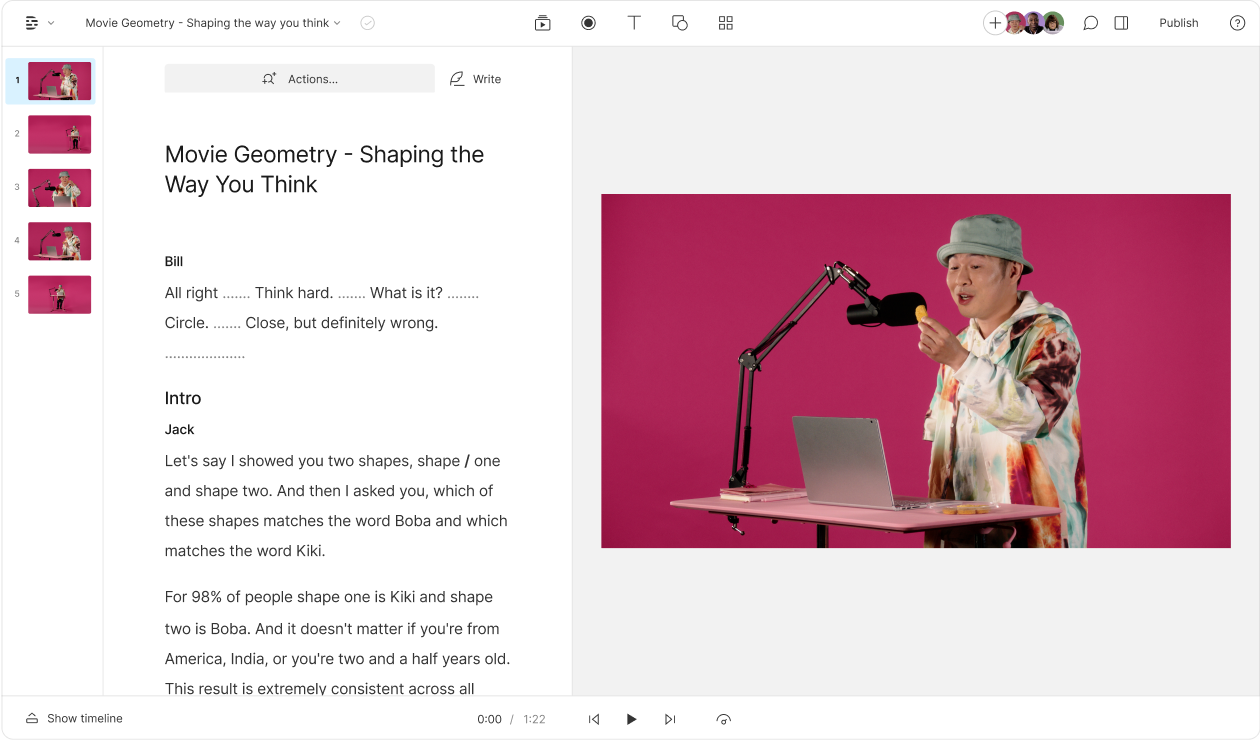












%201.svg)














